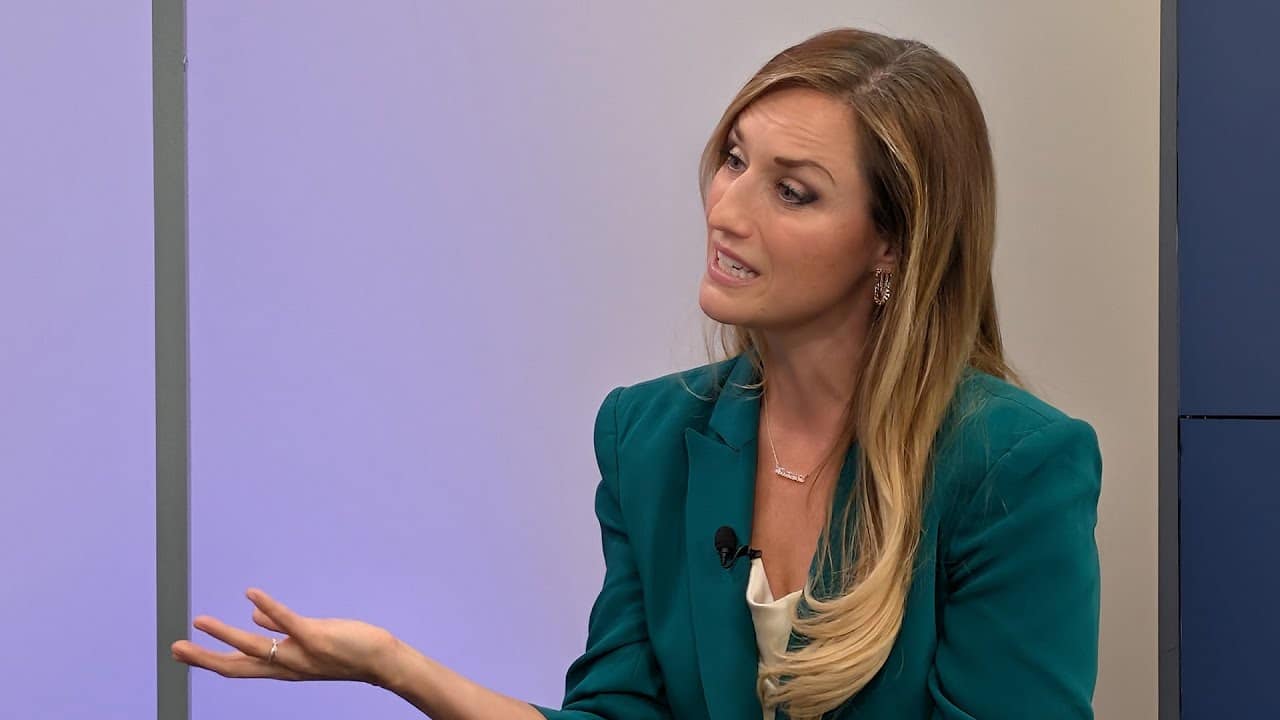Fear of becoming obsolete, or “FOBO,” remains relatively uncommon among U.S. workers, but it has grown significantly in the past two years among younger college graduates worried about the growing use of artificial intelligence, according to recent data from Gallup.
In fact, 22% of workers overall now say they worry that technology will make their job obsolete, up seven percentage points from 2021, according to the latest Gallup’s Work and Education poll. The figure had previously varied between 13% and 17%, with little upward movement.
The recent rise in concern comes almost entirely from college-educated workers, among whom the percentage worried about FOBO has jumped from 8% to 20%. At the same time, worry among workers without a college degree is virtually unchanged at 24%, Gallup said.
As a result, whereas non-college-educated workers were previously much more concerned about technological replacement than college-educated workers, now these groups are expressing similar levels of concern.
Concern about technology making one’s job obsolete is also up more among younger than older workers, widening the generational gap evident in 2021. It has also increased more among those making less than $100,000 than those earning $100,000 or more.
Meanwhile, concern has increased equally among men and women, with the two groups expressing similar fear levels in both years.
Although more workers than before may be looking over their shoulders at artificial intelligence and other technological advancements, a reduction in benefits remains their most common job-related concern with 31% saying they are worried they could lose benefits in the near future. The next-most-common job worry, cited by 24%, is having their wages reduced.
A cluster of risks are worrisome to roughly one in five workers. In addition to being replaced by technology (22%), this includes being laid off (20%) and having their hours cut back (19%). The least worrisome risk to workers is having their job moved overseas (7%).
Of these concerns, only the fear that technology could threaten their job has increased to a statistically significant degree since 2021. Worry about the other five job fears remain well below their high points that occurred after the Great Recession, from mid-2009 to mid-2013, Gallup said.




